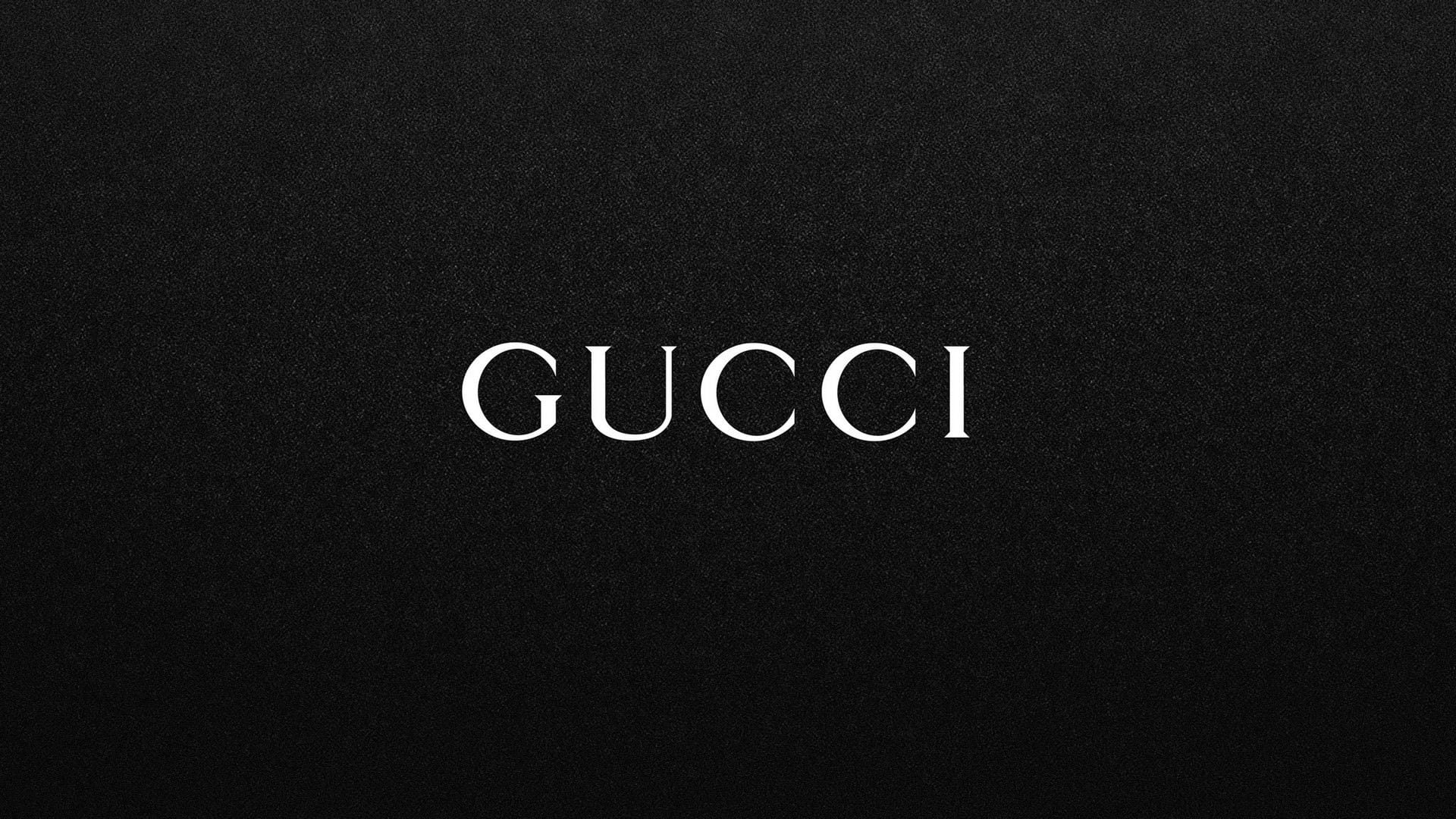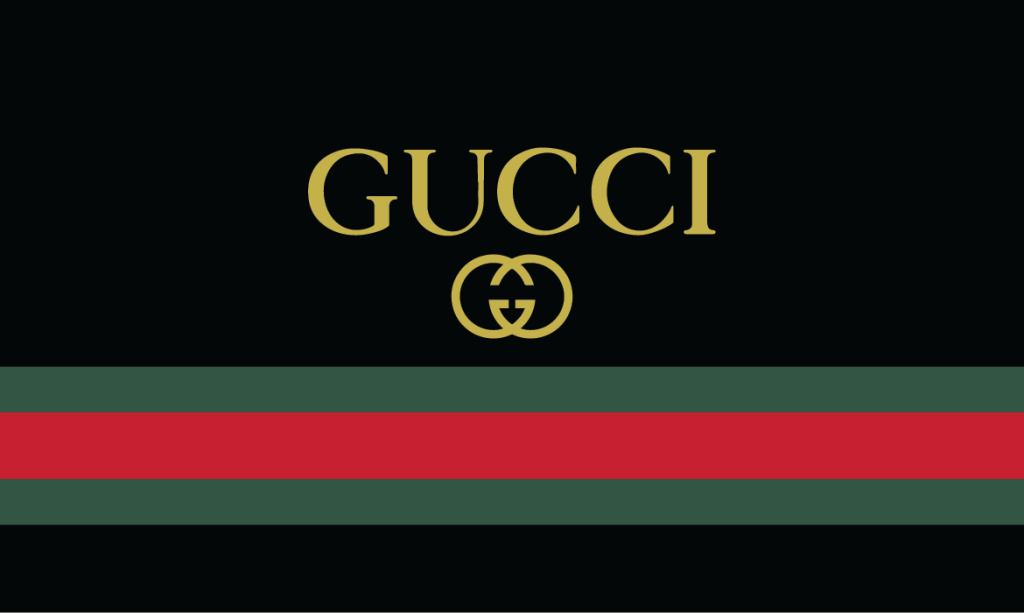
In the second half of this month, the iconic fashion company Gucci will begin accepting cryptocurrency at certain of its shops in the United States
With the launch of the experiment, which will begin in five locations later this month, Gucci is taking a major step in integrating its Web3 and real communities. Gucci made its first foray into the Metaverse earlier this year, when the fashion house spent an unknown sum for virtual territory in the decentralized blockchain game The Sandbox.
Marco Bizzarri, Gucci president and CEO, said in a statement: “Gucci is always looking to embrace new technologies when they can provide an enhanced experience for our customers. Now that we are able to integrate cryptocurrencies within our payment system, it is a natural evolution for those customers who would like to have this option available to them.”
In-store cryptocurrency payments will be made using a link that will be delivered to the client through email; the link will contain a QR code that will allow them to complete the purchase from their cryptocurrency wallet. A number of Gucci establishments, including those on Wooster Street in New York, Rodeo Drive in Los Angeles, Miami Design District, Phipps Plaza in Atlanta, and The Shops at Crystals in Las Vegas, were among the first to accept cryptocurrency. Among the more than ten currencies that Gucci will accept for payment are Bitcoin (BTC), Bitcoin Cash, Ethereum (ETH), Litecoin (LTC), Shiba Inu (SHIB), and five stablecoins tied to the US dollar. It will also take Dogecoin (DOGE), a cryptocurrency known as a “meme” that was originally designed as a joke.
The same way that mobile credit card payments are accepted in physical areas, cryptocurrency payments are often accepted in physical spaces using a QR code or NFC reader on a current point of sale terminal that links with a customer’s smartphone cryptocurrency software. A store has the option of immediately converting cryptocurrency payments to fiat money, such as USD, or keeping the payments in cryptocurrency form.

Gucci is merely one of the most well-known fashion brands in the world. ModeWeb3 is the new place for garment and clothing brands who are attempting to establish a presence in the internet sphere. Gucci’s fashion lines are becoming part of this new reality. Dolce & Gabbana, Adidas, NikeVans, Balenciaga, and other well-known brands These fashion companies will be competing against crypto-native fashion houses like as Digitalax, BlanksolesDRESSX, and Red DAOWhich have an edge in that they have built online communities around their respective brands. Gucci has stated that it would give bitcoin and NFT education and training to its employees before to the start of the program in order to prepare them for this new initiative.
High-end companies have begun making forays into the cryptocurrency and Web3 markets. Off-white, a fashion designer based in Paris, Milan, and London, began accepting payments in six cryptocurrencies in March at its flagship locations in Paris, Milan, and London. Of course, Off-White is majority owned by LVMH, which has had its fair share of Web3 adoption in the past, launching NFTs under its Hennessy, Bulgari, and Louis Vuitton labels, among others.
As a fashion label, Gucci is one of the oldest in the world, having been established in 1921 by Guccio Gucci, making it one of the most established Italian fashion firms still in operation today. In the same way that many ancient fashion companies did, the company began as a bag maker, creating luxury travel items for Italy’s rich upper-classes as well as horse equipment.
Despite the fact that Michele had worked for Gucci in various capacities for 12 years, he still was pretty much unknown as a designer, and it was unclear in what direction the brand would go under his leadership. Michelle’s distinctive style, which combines the house’s traditional penchant for lavishness and opulence with a theatrical, slightly kitschy pageantry, has proven to be an enormous success, attracting an increasing number of young and ambitious customers, as well as a large number of fashion insiders. According to a report published in early 2017, under Michele’s leadership, Gucci had generated record sales, which helped the brand’s parent company, Kering, earn an 11 percent increase in profits, and the brand’s strong performance has continued to this day.









